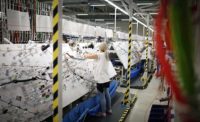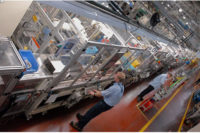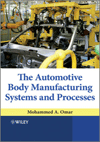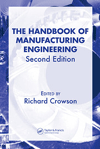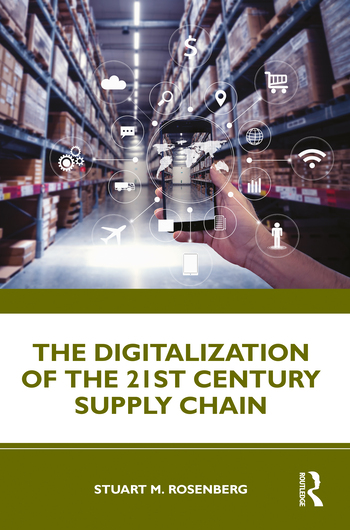ST. PETERSBURG, Russia—Automotive assembly lines in Germany, Britain, Austria and Russia have halted production in the wake of Russia’s invasion of Ukraine.
For example, on March 1, Hyundai Motor Co. suspended operations at its assembly plant in St. Petersburg, Russia, until further notice due to ongoing problems with parts delivery, the company said in a statement. “The safety of our employees and caring for our customers remains the utmost priority of Hyundai Motor. We sincerely hope the situation is resolved peacefully as soon as possible,” it added.
The South Korean automaker assembles some 200,000 vehicles per year in Russia, about 4 percent of its global production capacity.
Toyota Motor Corp. is also halting production in Russia. The company has one plant in St. Petersburg that manufactures RAV4 and Camry models, mainly for the Russian market.
Daimler Truck has halted all business activities in Russia, which includes a joint venture with Russian truck maker Kamaz. The JV has produced 35,000 trucks for the Russian market so far. Now, no more trucks will be built under the partnership with Kamaz, and Daimler won’t supply the truck maker with any more components. Mercedes-Benz, Daimler’s former parent company before it spun off, also said it would divest its 15 percent stake in Kamaz.
Volkswagen and its subsidiary Skoda have ceased production at their Russian assembly plants in Kaluga and Nizhny Novgorod. Skoda has also been forced to halt production at its assembly plant in Solomonovo, Ukraine. Both companies have halted exports to Russia, which was Skoda’s second-largest market last year.
Mitsubishi Motors said it may suspend production in Russia. Mitsubishi has a joint venture agreement with PSA Peugeot Citroën to produce vehicles for Peugeot, Citroën and Mitsubishi in Russia at an assembly plant in Kaluga.
The biggest foreign carmaker in Russia is the Renault-Nissan-Mitsubishi Alliance, which sold more than 500,000 vehicles there last year in a joint venture with the Russian carmaker AvtoVAZ. No information is available on the company’s plans for Russian manufacturing.
The invasion has also disrupted the supply of auto parts from Ukraine. For example, Leoni has ceased production at two assembly plants in western Ukraine that supply wiring harnesses to OEMs in Germany. As a result, Volkswagen, Audi, Porsche, BMW and Mercedes-Benz have been forced to drastically reduce production.
Automakers are also bracing for shortages of neon gas for microchips, palladium for catalytic converters, and nickel ore for lithium ion batteries.
The fighting has also interfered with airfreight, as well as rail traffic on the Trans-Siberian Railway, which German carmakers use to supply factories in China.

